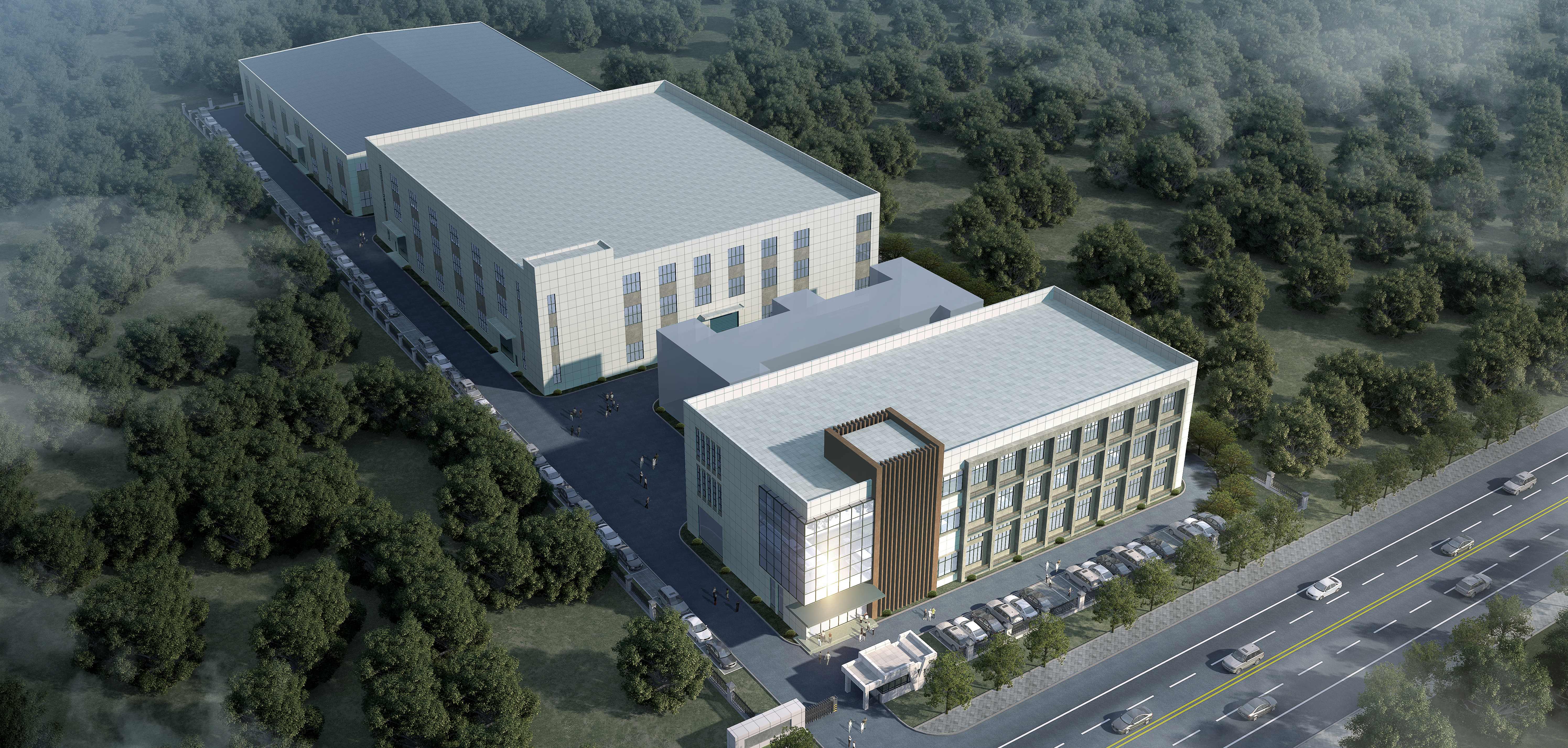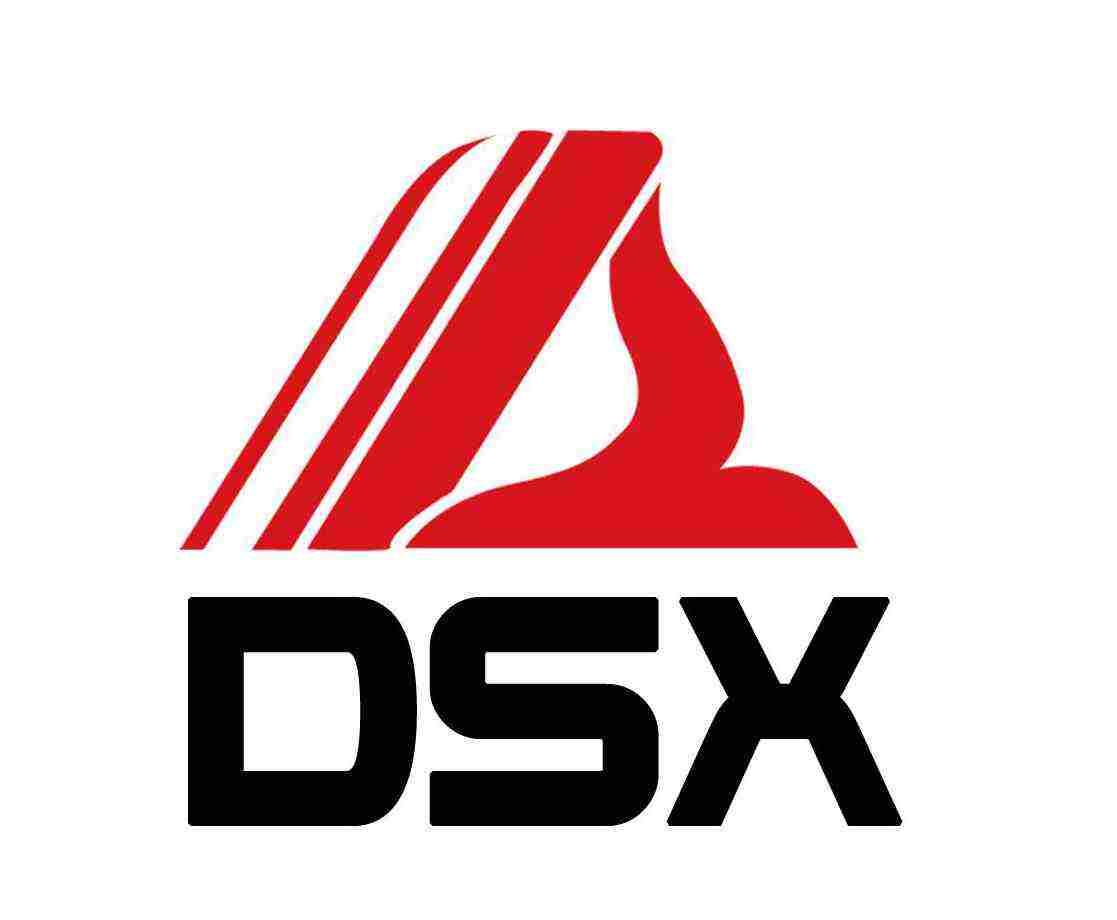Email cannot be empty
Password cannot be empty
Email format error
Email cannot be empty
Email already exists
6-20 characters(letters plus numbers only)
The password is inconsistent
Email format error
Email cannot be empty
Email does not exist
6-20 characters(letters plus numbers only)
The password is inconsistent

Understanding Ultrapure Filtration Technology
Understanding Ultrapure Filtration Technology
In the modern world, the demand for ultra-clean environments is ever-increasing. From semiconductor manufacturing to pharmaceutical production, the need for ultrapure filtration systems has never been more critical. But what exactly is ultrapure filtration, and what makes it so essential?
Ultrapure filtration technology is designed to remove contaminants from the air to create an environment that meets strict cleanliness standards. At the heart of this technology are advanced filters that trap particles as small as 0.3 micrometers with an efficiency of 99.99%, achieving ISO Class 3 cleanliness. This level of filtration is vital for industries where even the smallest particles can lead to significant issues.
The Core Principles of Ultrapure Filtration
Ultrapure filtration operates on principles of advanced particle capture and airflow management. The systems are equipped with HEPA and ULPA filters, capable of achieving filtration grades from H13 to U17. These filters are available in various materials, including fiberglass and PTFE, enclosed within aluminum frames for durability and robustness. The modular design allows for easy filter replacement and maintenance, with options for room-side, side, bottom, or top access.
Innovative Features and Advantages
One of the standout features of these systems is the integration of intelligent airflow control. Utilizing efficient EC motors, these units provide stepless speed adjustment, reducing energy consumption by up to 40% compared to traditional AC motors. Moreover, they offer flexible control options, from manual adjustments to centralized control via computer networks, ensuring precise operational management.
For environments susceptible to static, these filtration units incorporate built-in static elimination devices. This feature is crucial in settings like semiconductor manufacturing, where static can attract dust particles or cause microcircuit damage. Additionally, real-time monitoring capabilities are available, integrating static sensors and differential pressure meters to feed data into PLC/BMS systems, maintaining optimal performance and cleanliness.
Applications Across Industries
The applications of ultrapure filtration are vast and varied:
- Semiconductor/Electronic Manufacturing: Utilized in wafer lithography zones and FPC bonding workshops to enhance yield by minimizing dust and preventing static-induced failures.
- Precision Optics: Essential in AR/VR coating lines and laser radar assembly, where ion neutralization and static protection are paramount.
- Biopharmaceuticals: Critical in freeze-dried powder filling and cell culture rooms, ensuring a static-free and particulate-controlled environment.
- New Energy: Deployed in lithium battery electrode workshops to prevent dust explosions and protect sensitive components.
Why Choose Wujiang Deshengxin Purification Equipment?
Based in Suzhou, China, Wujiang Deshengxin Purification Equipment Co., Ltd. has been a leader in cleanroom solutions since 2005. With an annual production capacity of 200,000 units and the ability to customize FFU systems, the company ensures that clients receive tailored solutions that meet their specific requirements. The diverse range of customizable options, including ultra-thin, explosion-proof FFUs, and customizable airflow settings, underscores the company's commitment to innovation and quality.
Whether transported by sea, land, or air, Wujiang Deshengxin's products are delivered with an average lead time of just seven days. With a strong focus on research, development, and design, the company continues to push the boundaries of purification technology, ensuring that industries worldwide can maintain the highest standards of cleanliness and efficiency.
For more information or to discuss your cleanroom needs, contact Wujiang Deshengxin Purification Equipment today at nancy@shdsx.com or visit their website at newair.tech.

